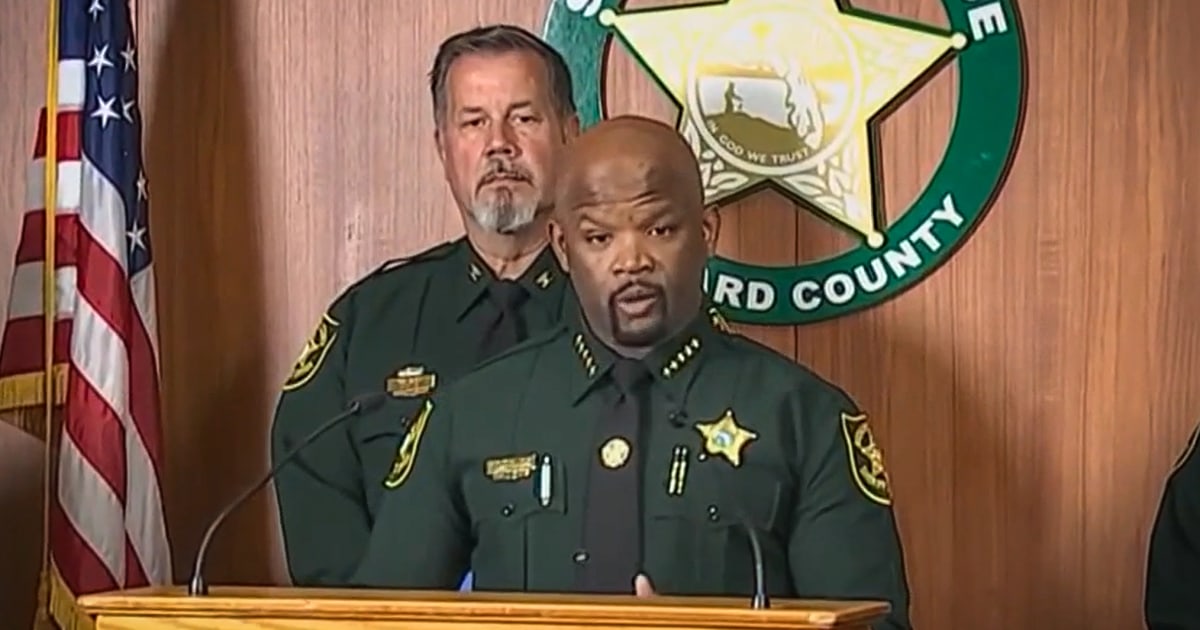Sir Isaac Newton predicted in 1704 that the world would end in 2060. The legendary scientist best known for discovering gravity made the prediction based on biblical texts. He particularly referenced the Book of Daniel. He calculated that the world would reset 1,260 years after the foundation of the Holy Roman Empire.
According to Newton’s writings, this period would bring plagues, war and the destruction of wicked nations before the return of Christ and saints to establish a 1,000-year kingdom of peace on Earth, according to the New York Post.
The letter remains displayed at Jerusalem’s Hebrew University, offering insight into Newton’s lesser-known religious and apocalyptic beliefs.
However, Newton did not claim absolute certainty. In his letter, he wrote, “It may end later, but I see no reason for its ending sooner.”
He also criticised those who frequently predicted the world’s end, saying they discredited biblical prophecies when their predictions failed.
Return of Jesus Christ
Stephen D. Snobelen, a professor at the University of King’s College in Halifax, explained that Newton believed in a new beginning after the supposed apocalypse. Newton’s prophecy also mentioned the return of Jews to Israel and the rebuilding of The Temple, which he linked to the second coming of Christ.
Snobelen described Newton not as a scientist in the modern sense but as a natural philosopher. The legend was deeply engaged in both science and religion. Newton believed in searching for God’s truth through both nature and scripture.
“For Newton, there was no impermeable barrier between religion and what we now call science. Throughout his long life, Newton laboured to discover God’s truth – whether in Nature or Scripture,” the publication quoted Snobelen as saying in 2003.
During his career, Newton also wrote enough papers to fill 150 books, reflecting his vast contributions to science, theology and philosophy.








